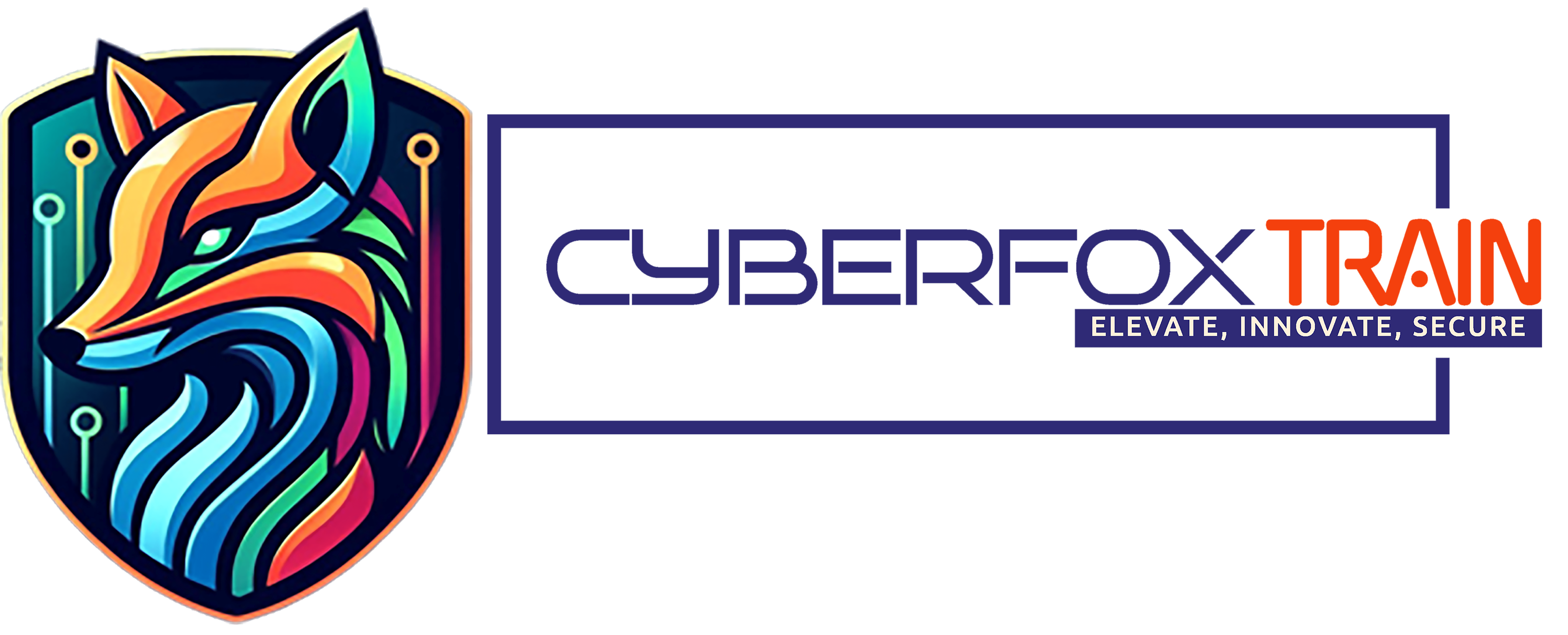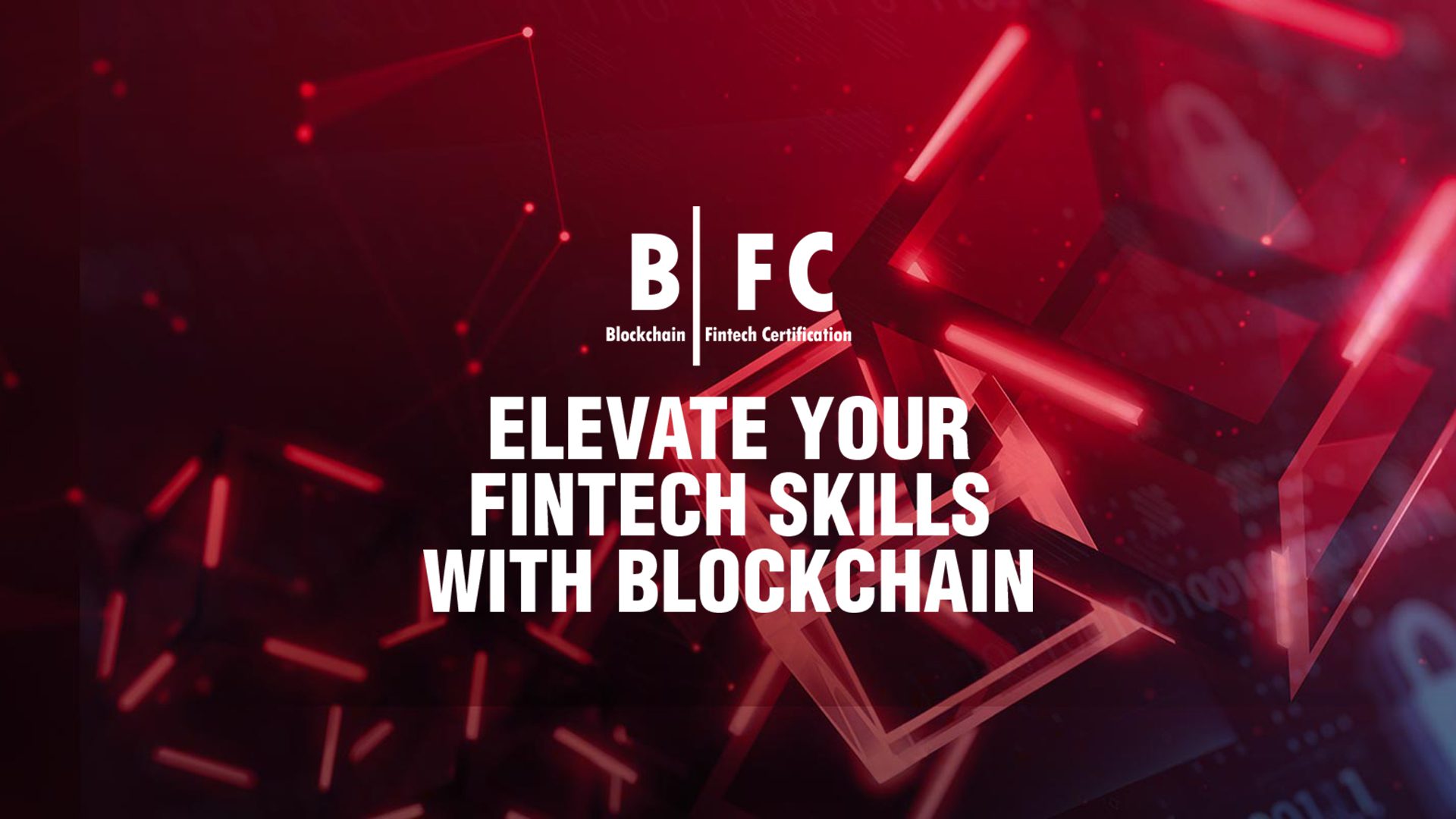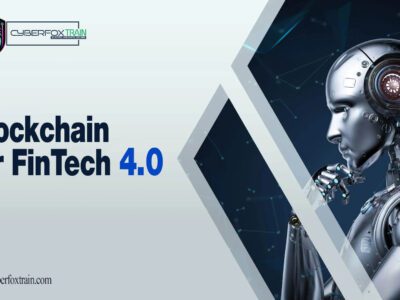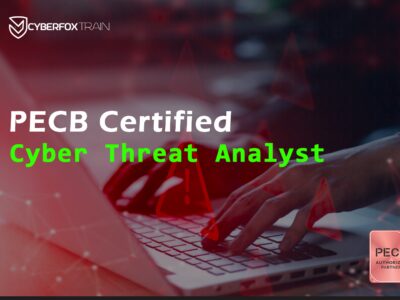EC-Council’s blockchain certification courses are curated by experts to support the growing demand for skilled blockchain professionals. These programs have been designed to meet the industry requirements of developers, business leaders, and fintech professionals in this rapidly growing area.
Our blockchain certification courses consist of three knowledge and competency areas: development, implementation, and strategy. During the course, students get exposure to multiple blockchain implementation concepts and a unique guideline for sustainable and scalable blockchain development using quantum-resistant ledgers.
The B|FC course will enable financial professionals to utilize blockchain technology to improve financial services and the insurance industry. Students learn the laws and regulations related to financial applications of blockchain and how to use PoW and PoS consensus mechanisms. In addition, the program provides in-depth insights into cryptocurrencies, including Bitcoin wallets and exchanges, among other topics.
Key Benefits of Blockchain Fintech Certification
- B|FC program offers a comprehensive look into the inner workings of blockchain technology and how it applies to the fintech industry.
- The program is replete with assignments, and alternative testing methods keep students engaged in the topics beyond the program itself.
- The course is designed and endorsed by bestselling authors and subject matter experts in fintech and blockchain.
- The course offers practical advice on using blockchain in the financial services industry.
What You’ll Learn
- The structure and elements of a blockchain network, including how decentralization works
- Hashing and consensus algorithms and their role in blockchain networks, including proof-of-work (PoW) and proof-of-stake (PoS) consensus mechanisms
- The benefits of using blockchain technology and how to determine whether blockchain is the right solution for your business
- Digital currencies, including different types of cryptocurrency assets, the tokenization process, and how leading cryptocurrencies (e.g., Bitcoin, Altcoin, Litecoin, Zcash) work
- Decentralized finance, apps, and exchanges, including Bitcoin wallets and exchanges
- Initial coin offerings (ICOs) vs. initial public offerings (IPOs)
- Securitization of physical assets
- How blockchain works in the financial sector and common blockchain use cases in finance
- Laws and regulations related to the financial applications of blockchain, including how security tokens are regulated
- Blockchain applications in the insurance industry
- The basics of how Solidity and Ethereum work and the elements of the Ethereum ecosystem
- How to create private blockchain networks using Ethereum
- The structure and components of the Bitcoin network and how it works
- Bitcoin cryptomining and its relation to PoW consensus mechanisms
- Bitcoin’s limitations, variants, and clients
- How to build secure smart contracts, including vulnerabilities in smart contracts and how to mitigate them
- Formal verification of smart contracts
- Privacy and confidentiality in blockchains
- Blockchain as a Service
- Permissioned and permissionless blockchains
- The basics of the Hyperledger Fabric framework
- Introduction to blockchain projects (including Fabric, Iroha, Burrow, and Indy)
- Decentralized autonomous organizations (DAOs)
Who Is It For?
Finance professionals, fintech professionals, and related professionals interested in integrating blockchain into their organization’s financial applications and needs.
Prerequisites Candidates must have:
- General awareness of business management processes
- Basic knowledge of computers
- Access to a Linux machine that can be configured as a virtual machine
COURSE OUTLINE
- Module 1: Introduction
- Module 2: Financial Applications
- Module 3: Cryptocurrency Assets
- Module 4: Insurance Applications
- Module 5: Blockchain Project Implementation
- Module 6: Bitcoin
- Module 7: Security in Blockchains
- Module 8: Blockchain as a Service (BaaS)
- Module 9: Ethereum
- Module 10: Open Source
- Module 11: Decentralized Applications (dApps)
Course Features
- Lecture 0
- Quiz 0
- Duration 3 days
- Skill level All levels
- Language English
- Students 0
- Assessments Yes






